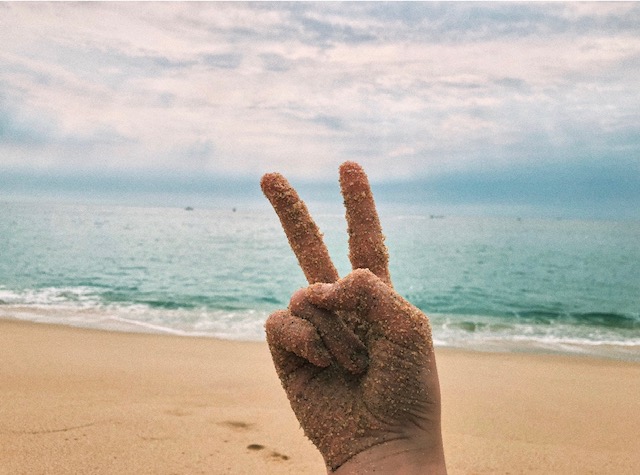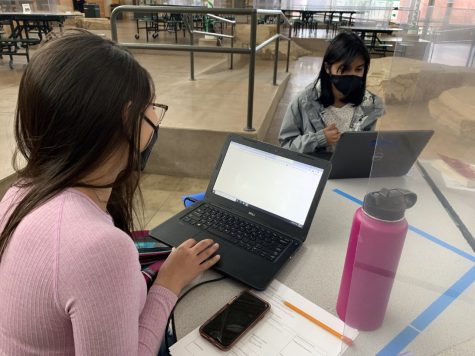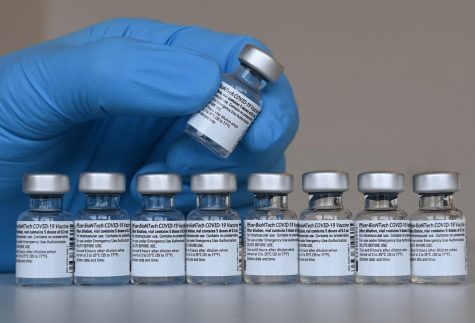Opinion: Why you should stay at home next holiday season
A major risk is taken when we decide to travel nowadays. We used to believe that those risks consisted of a plane crash or an emergency landing, but a new risk has been introduced, COVID-19.
With the new COVID-19 variant, omicron, people are becoming increasingly concerned by the transmissibility of the variant. And rightfully so, as the daily average of COVID-19 cases has risen to 700 thousand in the United States, 11 thousand of them consisting of Colorado cases.
As a result of the shocking uproar in cases, many airline companies have decided to cancel, delay, and limit their flights. With this change, airlines hope to help limit the spread of the virus in the country and overseas as well as maintain their employees’ health. Like many other businesses, airline companies are finding themselves severely understaffed because of staff quitting or becoming ill.
Traveling overseas during winter break seemed of no concern to me. Being fully vaccinated gave me a false sense of immunity. However, as I have come to learn, vaccines are not about granting immunity, but rather decreasing the severity of the disease.
Excited to leave the country for a while, I was unfortunately welcomed in by omicron itself. Thanks to my two doses of Pfizer, I was able to pass through the disease gracefully with only a fever and a headache, but not everyone is that lucky.
What many do not realize is the possibility of a severe case overseas. When you become severely sick in a country you do not live in, some concerning issues begin to arise.
One that worried me was the possibility of having to go to the hospital. I traveled to Brazil, which does not have the most well developed health system. Public hospitals are underfunded by the government and private hospitals cost you a fortune to even get stitches. If I got severely sick with this disease, or any other, it would be extremely difficult for me to get proper care in a public hospital and it would be impossible for me to pay for without health insurance in a private hospital.
The CDC recommends that those diagnosed with COVID-19 should wait five days in isolation, and if they feel asymptomatic, to follow the next five days wearing a mask when around others. By the time I tested positive, it was too late for me to return to the US. Though I was no longer having symptoms by the date of my trip back, airline companies require a negative PCR–polymerase chain reaction– test when traveling overseas. Meaning that even if I was no longer transmitting the virus, I still could not leave the country.
Which is where the pain of rescheduling comes. Constantly taking painful nasal swab COVID-19 tests to await a negative result, rebooking and canceling flights, and trying to catch up on school work as it begins to pile.
Everyone could use a little vacation. But as cases begin to rise again, remember that vacation can wait for another time whereas your health can not.
Your donation will support the student journalists of Fossil Ridge High School. Your contribution will allow us to purchase equipment and cover our annual website hosting costs.

Bruna Horvath, a senior, is starting her first year in Etched in Stone. By joining, she hopes to prove to herself that it is never too late to pursue new interests. Though it is her first year in journalism, Horvath has loved to read and write for the entirety of her existence. Some major goals she has...













